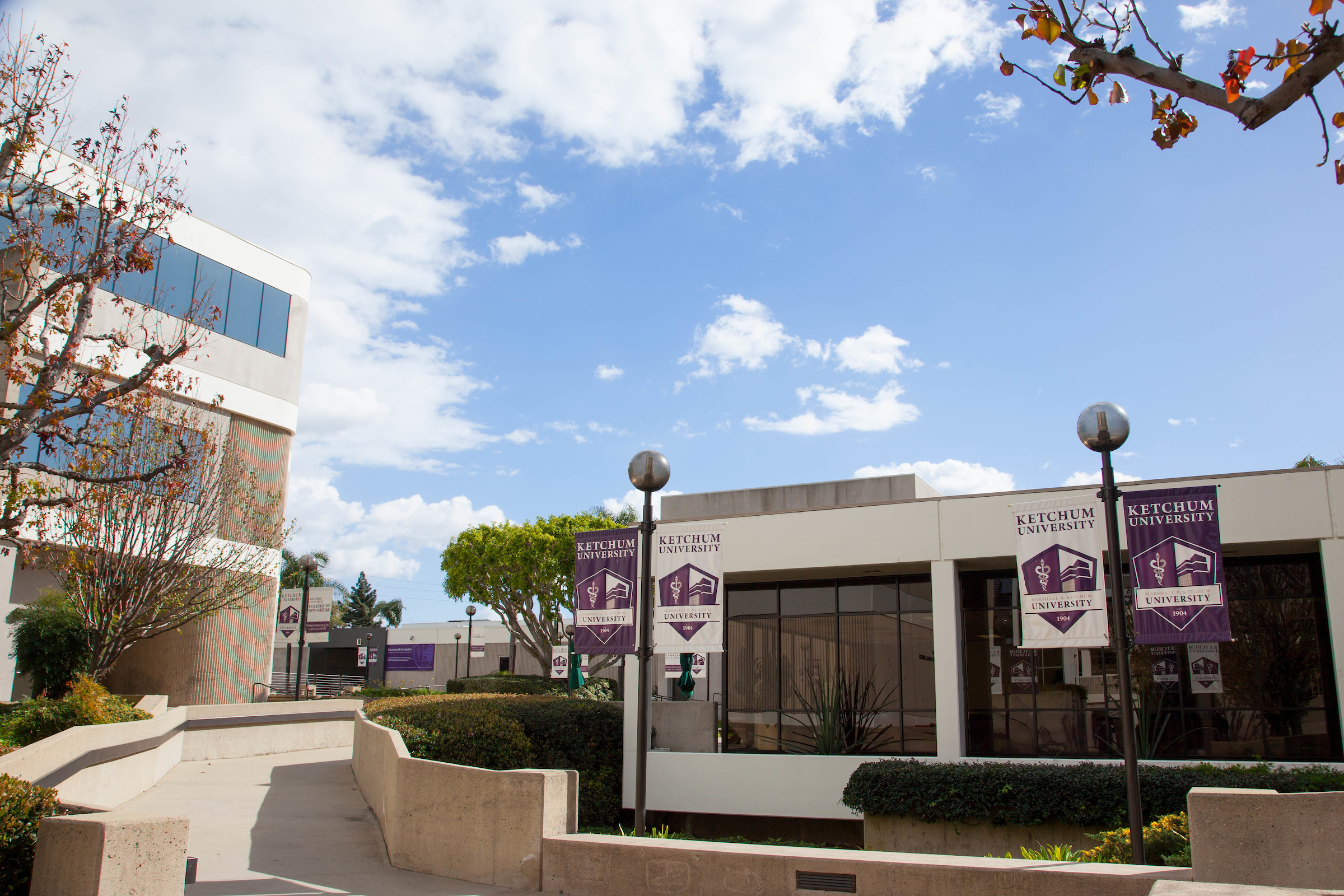I remember going into optometry school knowing this was going to be one of the toughest educational experiences of my life. Why did I think that? Because that’s what I had been told. So, starting my first quarter, I just knew this would be hard. I had absolutely no idea what type of curriculum I was getting myself into. With this in mind, I have created a guide to your first quarter classes.
Huge disclaimer, I had my first quarter conducted semi-virtually during the pandemic, so my experiences will be different. That being said, I will try to keep this guide descriptive of the course and as unbiased as possible. Below is a list of each class you will take (as of the 2021-2022 SCCO course list).
Clinical Methods: Here you get to practice with the equipment and learn techniques you will use as an optometrist. This tends to be almost everyone’s favorite course! For the majority of the first quarter, you will be working on retinoscopy and manifest refraction. If you have never heard of retinoscopy before (I hadn’t before my first quarter), it’s a technique where a light is used to determine a patient’s refractive error. Manifest refraction is where you get to really feel like an optometrist and start asking patients, “1….or 2?” (I know, already in the first quarter you get to say the magic words). In clinical methods, you will be tested on your clinical skills by taking a proficiency. What is a proficiency you may ask? A proficiency is a timed test where you perform your clinical skill on a mock patient while a proctor, one of the instructors, watches you to determine the adequacy of your skill. I know, this sounds scary. And, at the moment it will probably feel scary. This is all part of optometry school. Being able to perform under pressure will make you all stronger and more confident optometrists.
Optics: From what I have heard from my classmates, it seems like you either love optics or you hate optics. This class is a branch of physics that focuses on the behavior of light. Your assignments for this class will consist of practice problems, quizzes, and labs. For me, this was probably my most time-consuming course between doing practice problems, memorizing equations for exams, and doing the home labs (hopefully the incoming class does not have to experience home labs…). Fortunately, the instructor for this course, Dr. vdP, is good at clarifying difficult concepts and getting students excited about optics. She also provides ample resources for students to reach out to when they need help throughout the course. This is a calculation-heavy class, but it has its fun and interesting moments. Soon you’ll see that optics is everywhere! (You’ll also hear that phrase quite a bit.)
Eye Movements: Just as the name of the course describes, here you will learn the various movements of the eyes. This course is reading and writing heavy as Dr. Stark’s teaching style consists of a textbook written by himself to deliver the material, and free-response exams. There will also be a couple of writing assignments throughout the course as well. I remember thinking how much could you possibly learn about eye movements? To my surprise, there is a lot more to this topic than I had originally realized. Overall, it's an interesting course and Dr. Stark is one of the sweetest people I have probably ever come across. (I know, I said I would try to keep this unbiased, but Dr. Stark is really that sweet that I had to throw that in.)
Applied Biomedical Science: Here come your undergrad science courses! But, this time more condensed with an emphasis on clinical applications. This is a multi-subject course covering genetics, microbiology, biochemistry, and immunology. Each subject will be covered separately throughout the quarter with a different instructor for each subdivision. The material will be a lot of review, but since you all just took the OAT fairly recently this information might still be close by in your memory bank.
Medical Ethics: This is a fun course where you get to collaborate with the students from the other programs here at MBKU. The course does not have any midterm or final exams to worry about, it's a discussion-based class where you get to talk with your peers about ethical topics and scenarios.
Optometric Clinical Services: For my year this course was canceled due to the pandemic. I believe typically for this course students would go on vision screenings a few times throughout the quarter, but I may not be the best person to consult on this topic.
So, there it is folks! Your first quarter of optometry school in a trying-to-be-unbiased (but still a little biased) nutshell. Yes, it might sound daunting, but it is entirely doable. Not to mention the support from the amazing staff here at MBKU and your upperclassmen. You have all made great achievements to get to this point in your education and you are all fully capable of succeeding in this program. Get ready for the fun, challenging, character-building experiences of optometry school!

